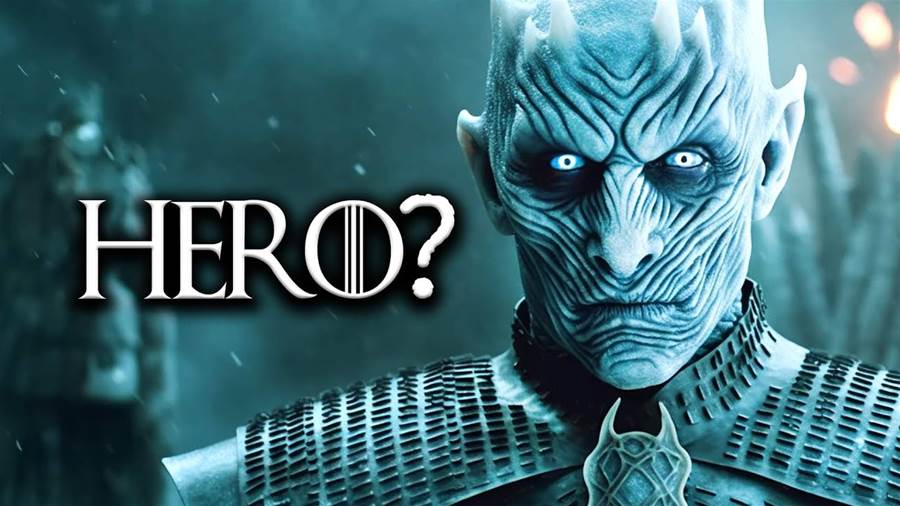
In the popular TV series "Game of Thrones," a new theory has emerged claiming that the Night King, the leader of the White Walkers, is actually the true hero of the story. This article aims to summarize the contents of this theory, exploring the reasoning behind this provocative claim.
The Night King, initially portrayed as the ultimate antagonist, is often seen as a force of evil seeking to destroy humanity.
According to this theory, the Night King's objective is not to bring chaos and destruction but rather to bring balance to Westeros.
The article is not finished. Click on the next page to continue.








